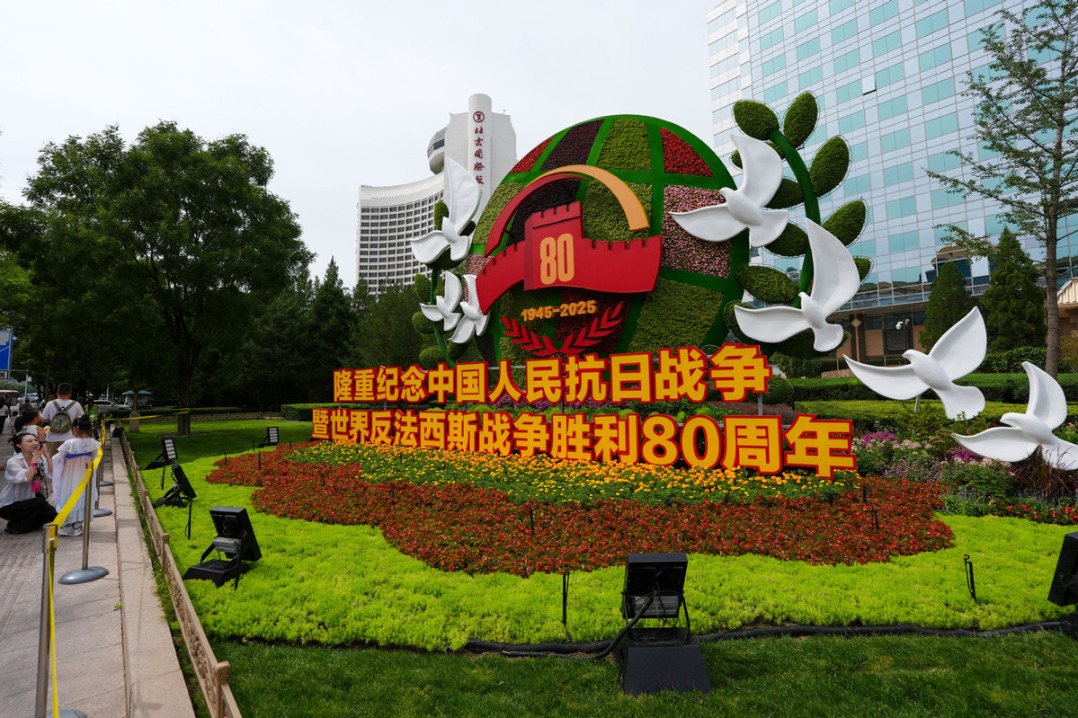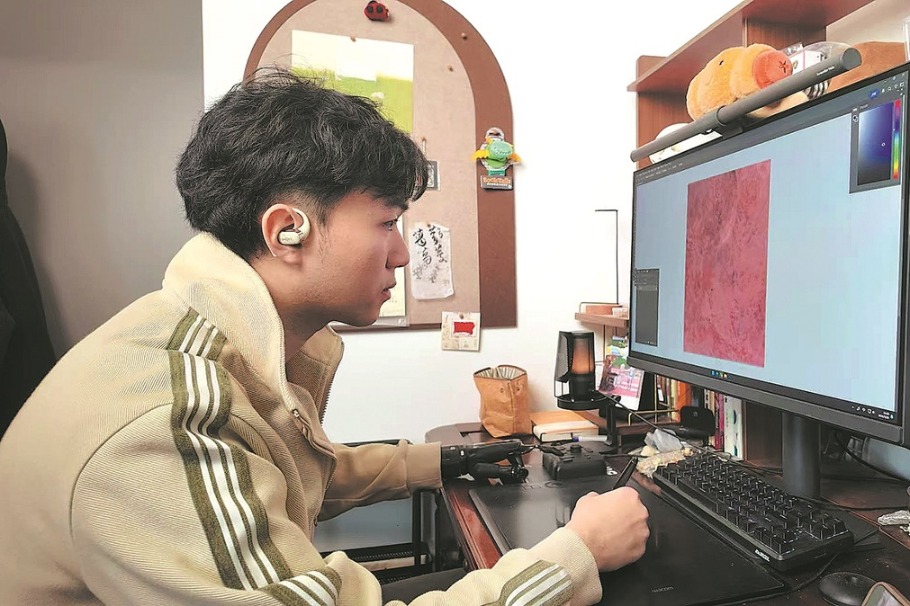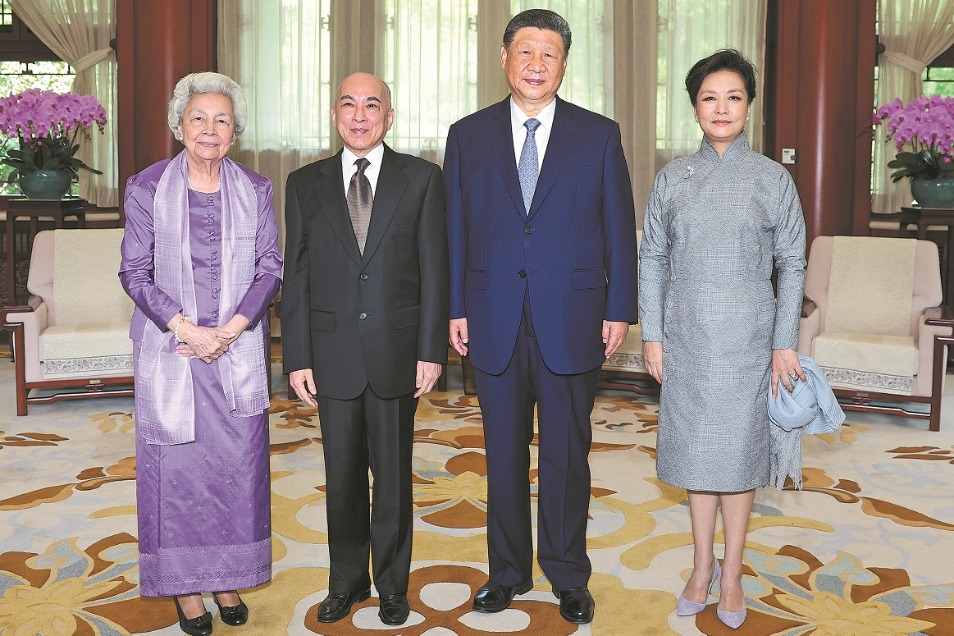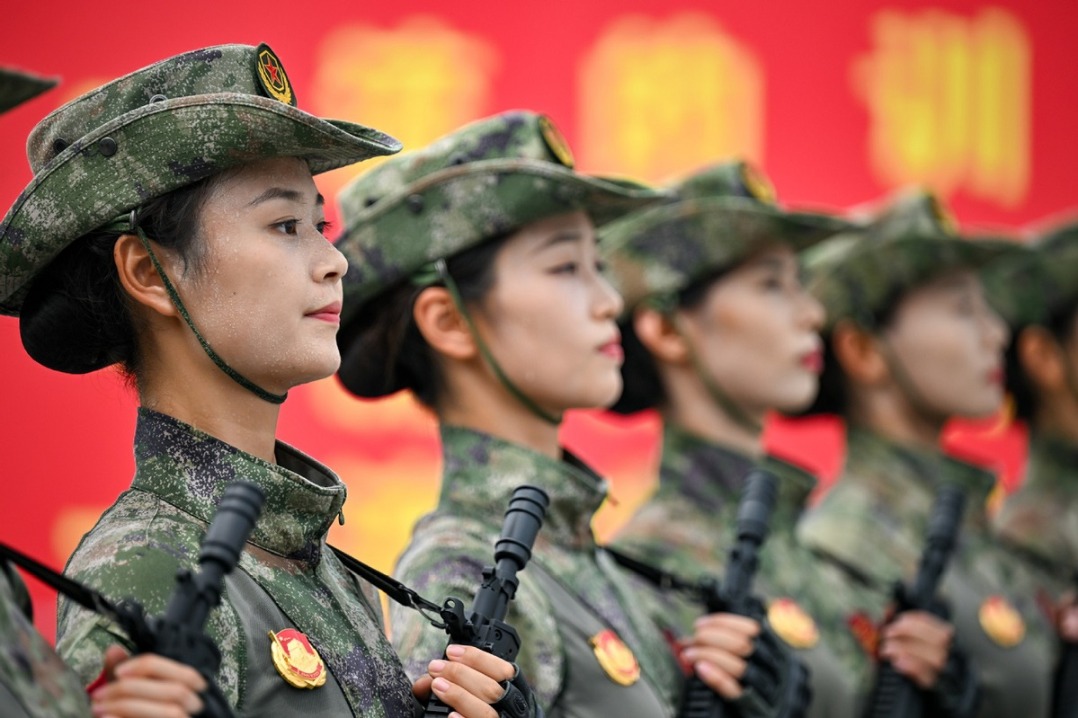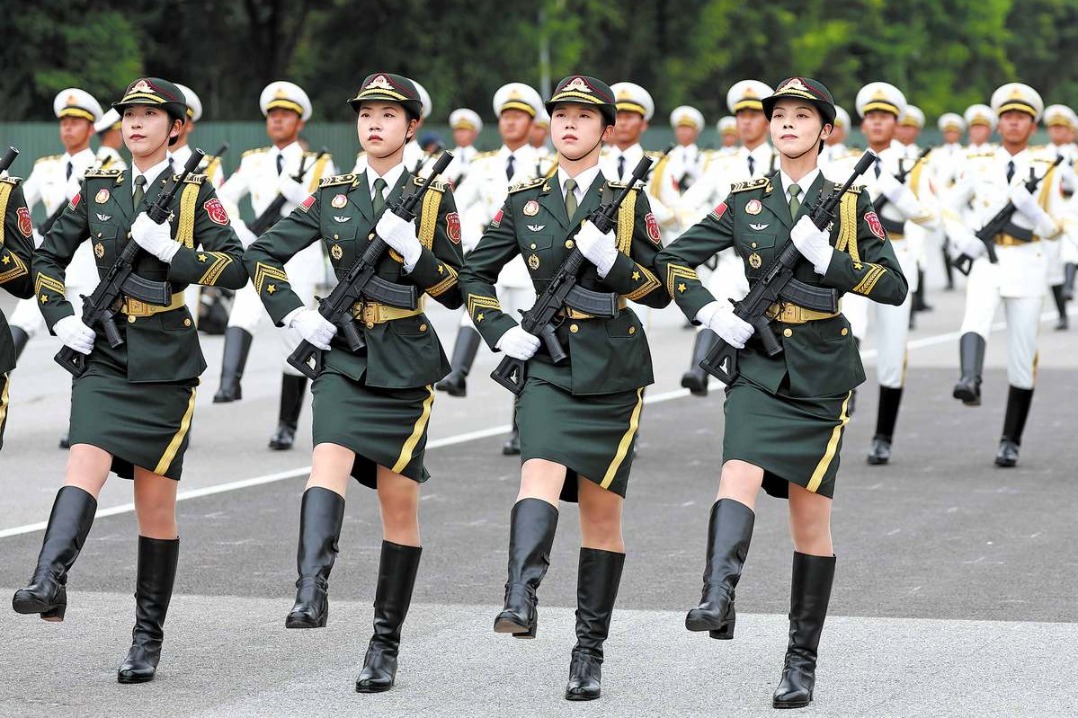Japan's ploy to block parade an insult to history

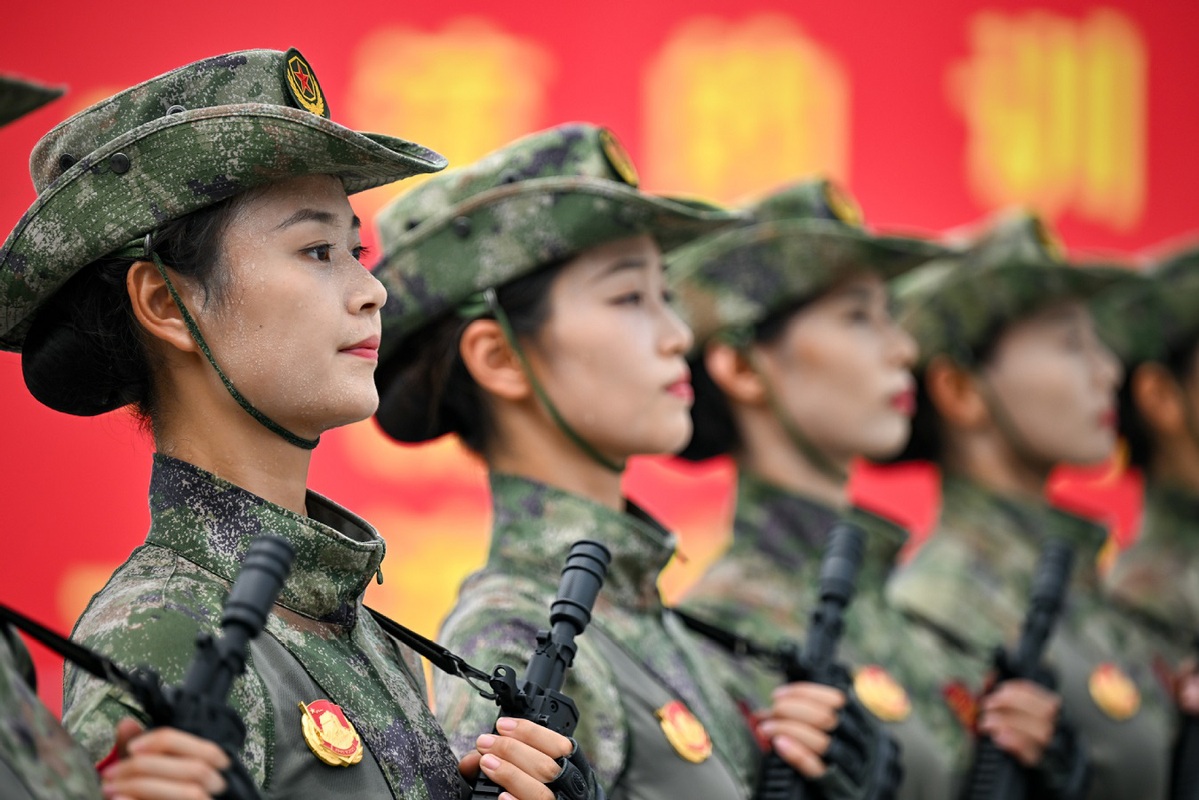
As the world turns its eyes to China's upcoming commemoration of the 80th anniversary of the victory of the Chinese People's War of Resistance Against Japanese Aggression and the World Anti-Fascist War (1931-45), Japan is trying to prevent the truth from being seen.
According to Kyodo news, Japanese embassies in many countries have urged European and Asian leaders not to attend the commemoration ceremony, arguing that the commemoration "dwells excessively on history" and carries "anti-Japanese overtones". On Tuesday, Chinese Foreign Ministry confirmed that Beijing has taken note of such reports, lodged a stern protest and demanded clarification from Tokyo.
China is commemorating the historic event to remember the past, honor the sacrifices and cherish peace to build a better future. If any nation is ready to face its history honestly and is genuinely committed to peaceful development, it would have no reason to object. Japan's latest diplomatic maneuver to dissuade leaders of other countries from attending the commemoration is an insult to history. By trying to obstruct foreign attendance, Japan only reveals its guilt and betrays its deep unease in confronting its wartime culpability. This insecurity stems from the horrific crimes committed by militarist Japan during World War II and the persistent failure of postwar governments to engage in genuine reflection.
Japan's aggression inflicted immense suffering across Asia. Yet, unlike Germany, successive Japanese administrations have never truly fully acknowledged these actions or offered a sincere apology. No nation can build a respectable future by burying its past in silence or lobbying others to do the same.
Instead, some revisionist forces in Japan glorify aggression in textbooks, euphemize "surrender" as the "end of the war," and cast doubts on atrocities such as the Nanjing Massacre. These are calculated attempts to whitewash decades of brutality that left millions dead and scarred.
Prime Minister Shigeru Ishiba's government has shown stark contradictions in its China policy. While professing a desire to "improve relations," it has simultaneously provoked tensions on historical issue and Taiwan question.
On Aug 15 which marks the 80th anniversary of Japan's surrender in World War II, Ishiba attended the national memorial service for the war dead and spoke of "regret and lessons". Yet he conspicuously avoided acknowledging Japan's aggression or the suffering inflicted on its neighbors.
More tellingly, on May 26 he laid flowers at Chidorigafuchi National Cemetery and, as head of the Liberal Democratic Party, on Aug 15 offered ritual gifts to the Yasukuni Shrine, where the remains of convicted war criminals are buried. Such acts expose the Japanese government's true attitude and its duplicity on history.
Japan's ploy to dissuade others from joining China's commemoration event is a futile effort against the tide of history. The vast majority of the international community is fully aware of the war crimes committed by Japanese fascism during World War II and the importance of preserving the historical truth.
Around the world, nations mark the victory over fascism with solemnity. Europe commemorates Victory in Europe Day on May 8 every year. Germany, once an aggressor like Japan, uses the day to reflect on the devastation of war and celebrate national renewal. Italy designates April 25 as Liberation Day, marking its emancipation from fascist rule and Nazi occupation. These are in stark contrast to Japan's evasive strategy.
China's commemorations have gained widespread recognition, which demonstrate international support for China's commemoration and a collective commitment to historical justice.
Japan's obstruction is thus not only ineffectual but also self-defeating. By trying to suppress remembrance, Tokyo isolates itself further from a global consensus that values peace, remembrance, and accountability.
Japan's attempt to block China's Sept 3 parade is insulting history. The international community's rejection of Japan's reckless appeal underscores the shared resolve to defend the achievements of the victory in World War II and uphold the foundations of the postwar order. The world deserves remembrance, not revisionism.
Germany's example shows that profound reflection and sincere apology can lead to reconciliation and renewed trust. Japan, by contrast, will remain trapped in suspicion and isolation unless it honestly confronts its past, cuts all ties with militarism, and commits to genuine peace. Only then can it earn the trust of its Asian neighbors and stand with the global community in remembering history, honoring the fallen and cherishing peace to build a better future.
The author is a research fellow with the Institute of State Governance, Huazhong University of Science and Technology (HUST), and a research fellow at the HUST Center for the Study of the Theoretical System of Socialism with Chinese Characteristics.
The views don't necessarily represent those of China Daily.
If you have a specific expertise, or would like to share your thought about our stories, then send us your writings at opinion@chinadaily.com.cn, and comment@chinadaily.com.cn.



















